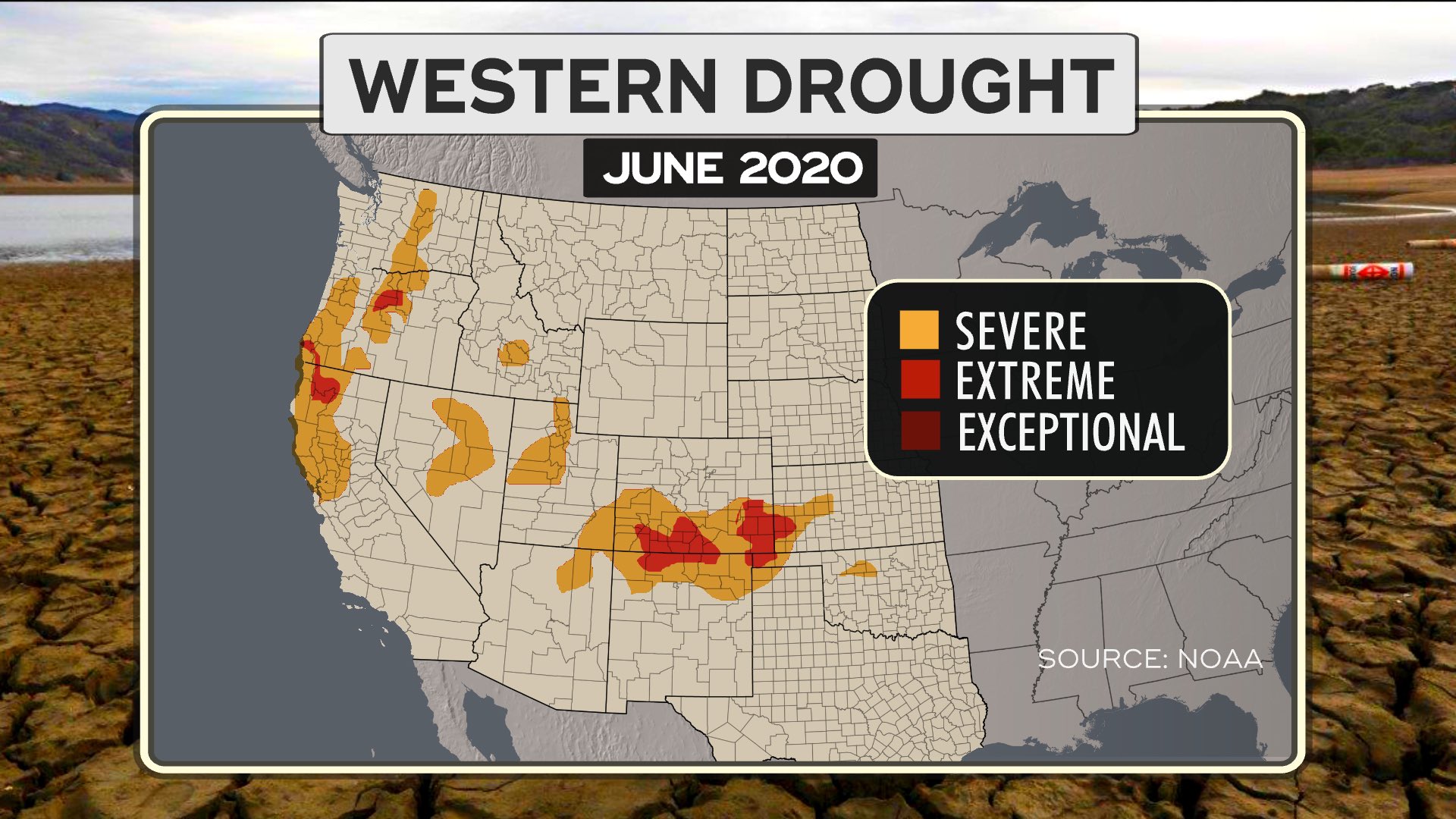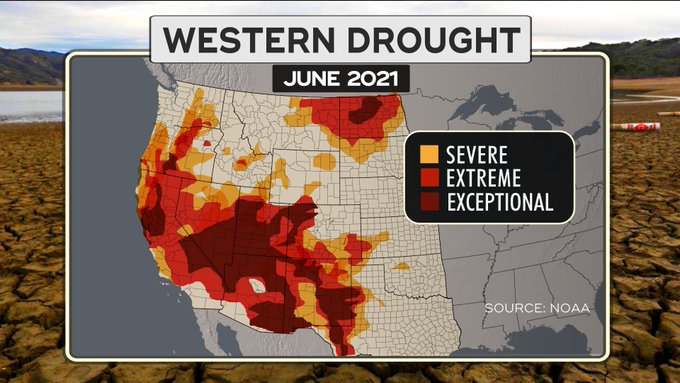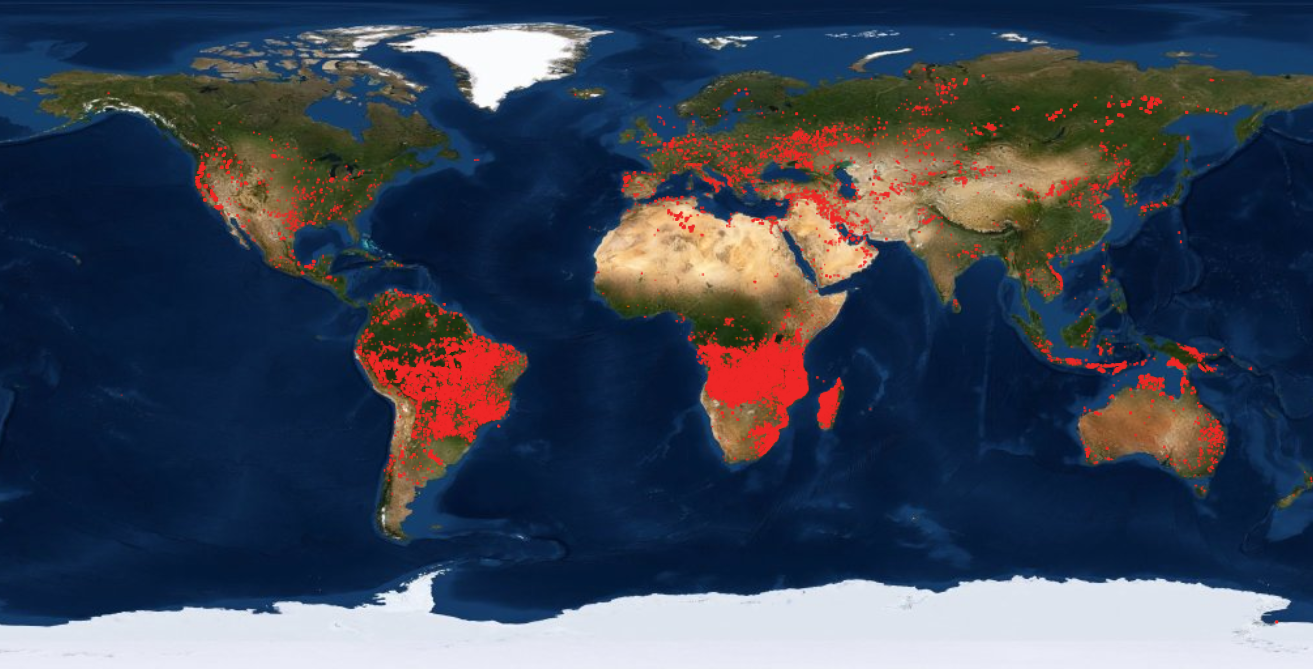Thomas Neuburger, one of my favorite bloggers, has an excellent post on the fact that swathes of types of insurance are going to go extinct because of climate change. Property, fire, home (except from theft, though that may get hit during collapse) and so on. It’s worth a read.
This has already started to happen. Insurance companies are refusing to write new fire insurance policies in parts of California, for example, and no one with sense wants to insure buildings against hurricane risk in Florida. But it will spread: rivers will swell during climate change before they shrink, for example. Acts of God will become more and more common everywhere. Crop insurance, for example, is something that will become more expensive.
But it might survive, because the government may consider it necessary. Insurance is people pooling together money to make sure that when occasional bad things happen, people can be made whole. It relies on three things to be viable:
- You can’ predict who will get hit; and,
- It happens often enough to be worth insuring against; and,
- It doesn’t happen so often it’s unaffordable; and,
- It’s big enough to matter to people.
If any of those four things break down, insurance doesn’t work. If you know who’ll be hit, other people won’t pay for it. Thus insurance companies won’t pay for pre-existing illnesses unless the government forces them to. If it is so rare no one is scared, no one will buy. If it happens too often, it becomes unaffordable and if it’s too small, why bother?
Climate change violates “you can’t predict who will get hit” and “it doesn’t happen so often it’s unaffordable.” If there are so many fires or huge hurricanes or floods that it’s inevitable and everyone in a certain area will be hit, insurance makes no sense. At that point, leave or do something to make it less likely.
Since we’re not going to stop climate change (that decision point has passed) that would mean things like sea walls, creating swamps and wetlands, increasing the capacity of stormwater systems, getting rid of concrete roads and replacing them with material that absorbs water and so on. Homes could be protected from wildfires by various other measures.
There’s going to be a push to have government underwrite insurance in places where it’s no longer really viable, and sometimes that will happen. As with the absurd expansion of credit after the 2008 financial crisis, this will eventually run up against a simple problem: money can only buy what exists. If too many homes and too much property are being destroyed, society will at some point not be able to rebuild it all, or, if sensible, will decide that rebuilding where you know another flood or disaster is coming is stupid.
Insurance was originally fraternal. People would join together and deposit into a pot and in some cases promise to physically help rebuild. Re-raising a barn, for example, with communal labor. In places where insurance is still viable, I would suspect that much of this will come back. (This also used to be how medical insurance worked. A fraternal organization would hire a doctor and a couple nurses and they would care for sick people. A fraternity would have some small apartments or rooms for members rendered homeless, too.)
As government fails, we will be pushed back on what we can do for ourselves, and for that to work we’ll have to be realistic: “what can our group actually do?” Can we source medicines? Can we rebuild? If we can, will it have to be rammed earth or trees we can cut ourselves? How can we get wiring?
We’ve lived in the era of big government and big companies: the era of the cornucopia, where money was the same as having access to almost anything we wanted.
That era is ending.
You get what you support. If you like my writing, please SUBSCRIBE OR DONATE





 I’ve always felt that the last thing which came out of Pandora’s box, hope, was the worst thing to come out. People wouldn’t put up with the evils of the world so readily if they didn’t feel hope.
I’ve always felt that the last thing which came out of Pandora’s box, hope, was the worst thing to come out. People wouldn’t put up with the evils of the world so readily if they didn’t feel hope.